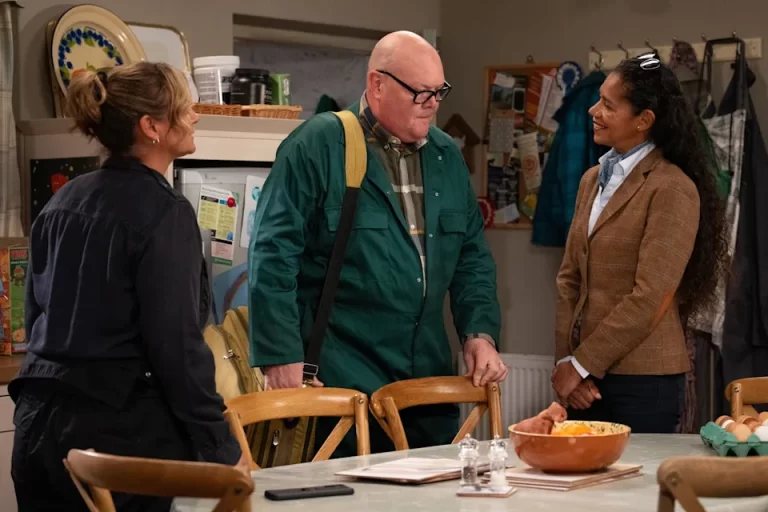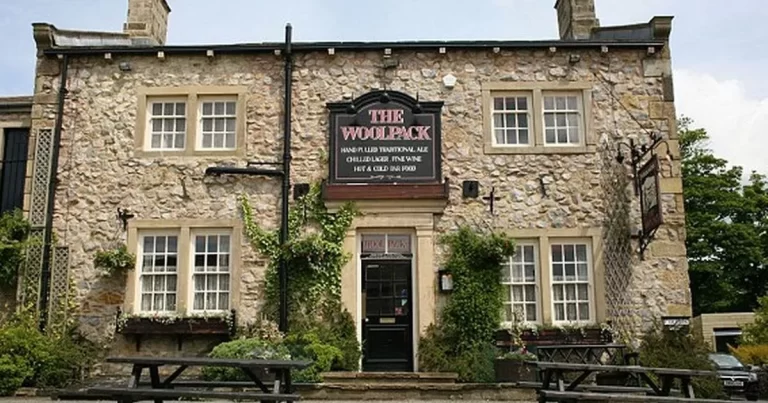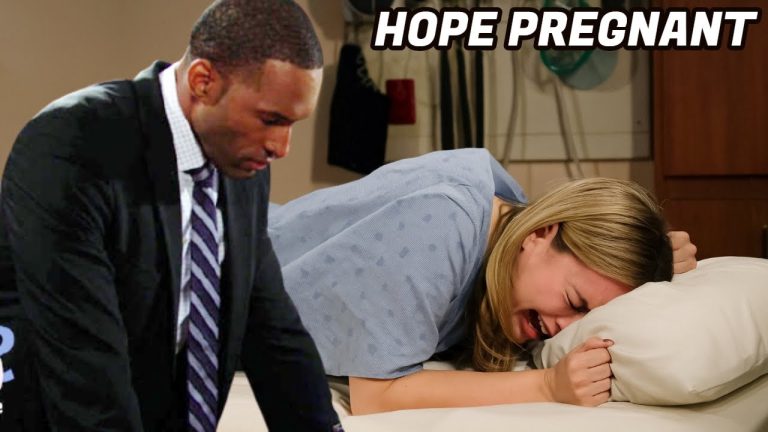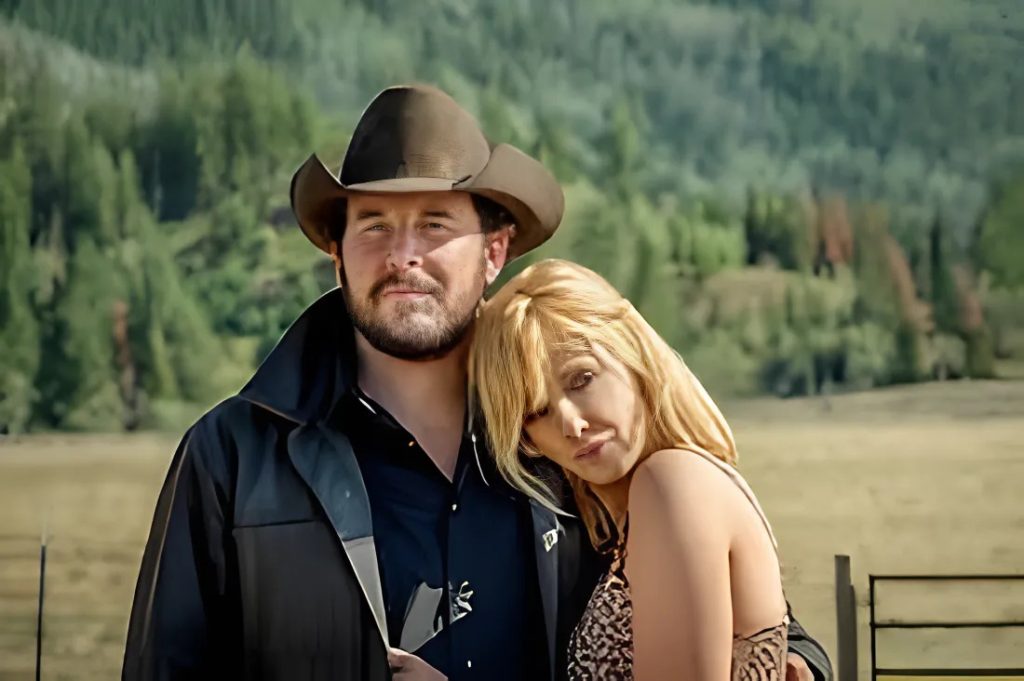
The Revival We Didn’t Know We Needed
When the Yellowstone premiere aired, it didn’t just return to television—it made a statement. In an age where shows often rely on recycled plots or flashy gimmicks, Yellowstone walks in like a modern-day cowboy, unapologetically bold and rooted in raw American grit.
So, why are people so obsessed with it? Why does it feel like Yellowstone is more relevant now than ever before?
Let’s saddle up and ride through exactly why this series matters—and why defending it isn’t just about TV, it’s about culture.
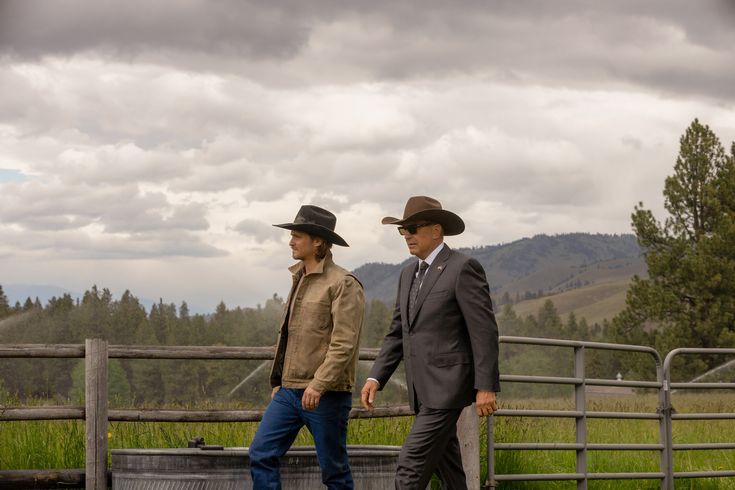
What Makes ‘Yellowstone’ So Addictive?
There’s something intoxicating about the mix of drama, legacy, land, and loyalty. Yellowstone brings all these ingredients together with just the right amount of Western swagger.
A Story That Hits Close to Home
At its core, Yellowstone is about family—and not the overly polished kind. This is a brutal, beautiful, and deeply flawed clan doing whatever it takes to protect their land.
It’s not just another family drama. It’s a saga drenched in modern dilemmas, ancient grudges, and the eternal pull of blood over everything.
Characters That Demand Attention
Love them or hate them, you feel something for every single character. Whether it’s John Dutton’s iron will, Beth’s firecracker fury, or Rip’s quiet storm—these aren’t cardboard cutouts.
They’re messy. They’re complicated. They’re real.
A Landscape That Becomes a Character
Let’s not forget Montana.
The sweeping vistas, the snowcapped peaks, the silent forests—they don’t just provide a backdrop. They tell their own story. In Yellowstone, the land is the stakes. And you can feel it.
Rugged Individualism Is Making a Comeback
This isn’t a show that bends to please. Yellowstone embraces grit. It celebrates those who forge their own path, even when it’s messy. In a world of echo chambers and curated content, it’s refreshing to see something that dares to be unfiltered.
Political, But Never Preachy
Here’s where Yellowstone pulls off a rare feat: it touches on politics without ever turning into a lecture.
Land disputes. Native rights. Corporate greed. Government corruption.
It’s all there—but the show lets you decide what to think. That’s powerful storytelling.
Why We Crave Gritty Escapes
Let’s be honest—we’re tired of polished perfection. Yellowstone gives us something rough around the edges. Something that feels earned, not handed out.
It’s the TV equivalent of a worn leather saddle. Comfortable because it’s been through some things.
The Dialogue That Cuts Like a Knife
Some of Beth Dutton’s one-liners could probably shatter glass. The writing is sharp, unapologetic, and layered with meaning. You’ll find yourself quoting it days later—and maybe even channeling a little Dutton energy in your next tough conversation.
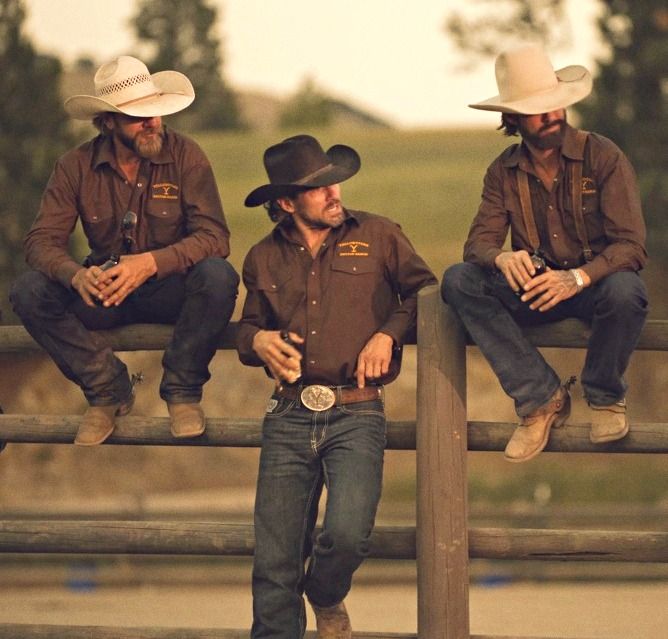
A Refreshing Break from Formulaic TV
So many shows follow the same beat: intro, twist, cliffhanger, repeat. Yellowstone doesn’t care about that. It’s slow when it needs to be. Explosive when it counts. And always authentic.
The Show That Gives the Middle of America a Voice
Not every story needs to take place in New York or LA. Yellowstone shines a spotlight on the heartland—on the ranchers, workers, and communities often ignored by mainstream media.
It’s not just about representation—it’s about recognition.
Yellowstone Is Masculine, But Not Toxic
There’s been a lot of chatter about masculinity in media. Yellowstone walks a fine line—showing strength, vulnerability, responsibility, and consequences. It’s a masterclass in how to write male characters that are flawed, fascinating, and full of depth.
Why It Resonates in a Divided World
Let’s not pretend everything is sunshine and unity right now. Yellowstone doesn’t either. It gives us a mirror—flawed, cracked, but honest. It shows that good people can do bad things and that loyalty sometimes costs everything.
Sound familiar?
Beth Dutton: The Antiheroine We Deserve
Beth isn’t your typical female lead. She’s chaos and calm. Broken and bulletproof. She’s a masterclass in contradiction—and we can’t stop watching her. Because she feels like real power in a world that often underestimates women.
Rip Wheeler: Quiet Strength in a Loud World
He doesn’t talk much, but when he does—you listen. Rip isn’t flashy. He’s loyal, lethal, and layered. He’s the kind of character that sticks with you because he’s real in a way most action heroes aren’t.
The Music That Tells Its Own Story
The soundtrack of Yellowstone deserves its own award. Country, folk, blues—it’s not background noise. It enhances every scene. It tells you how to feel before the characters even open their mouths.
What Other Shows Can Learn From ‘Yellowstone’
Authenticity matters. Character depth matters. Letting the audience breathe and decide for themselves—that matters.
Yellowstone didn’t explode overnight. It built something real. And that’s why it’s lasting.
Not Just Entertainment—A Reflection of Us
When you watch Yellowstone, you’re not just watching a family protect their land. You’re watching a country wrestle with its identity. You’re watching people fight for meaning, legacy, and connection.
In that way, it’s more than TV. It’s a time capsule of modern-day America—flaws, fury, and all.
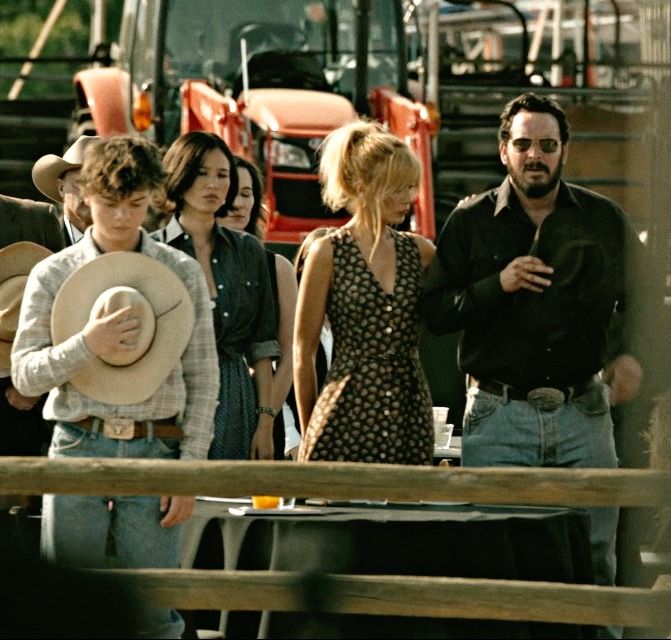
Final Thoughts: Why Defending ‘Yellowstone’ Matters
We don’t need more cookie-cutter content. We need stories that challenge us, stir us, maybe even piss us off a little. Because that’s what real art does.
Yellowstone doesn’t try to be for everyone—and maybe that’s the point.
It’s for those who still believe in land, in family, in fighting for what matters.
And in a time when so much feels fake, Yellowstone is unapologetically, beautifully real.
Rate this post
